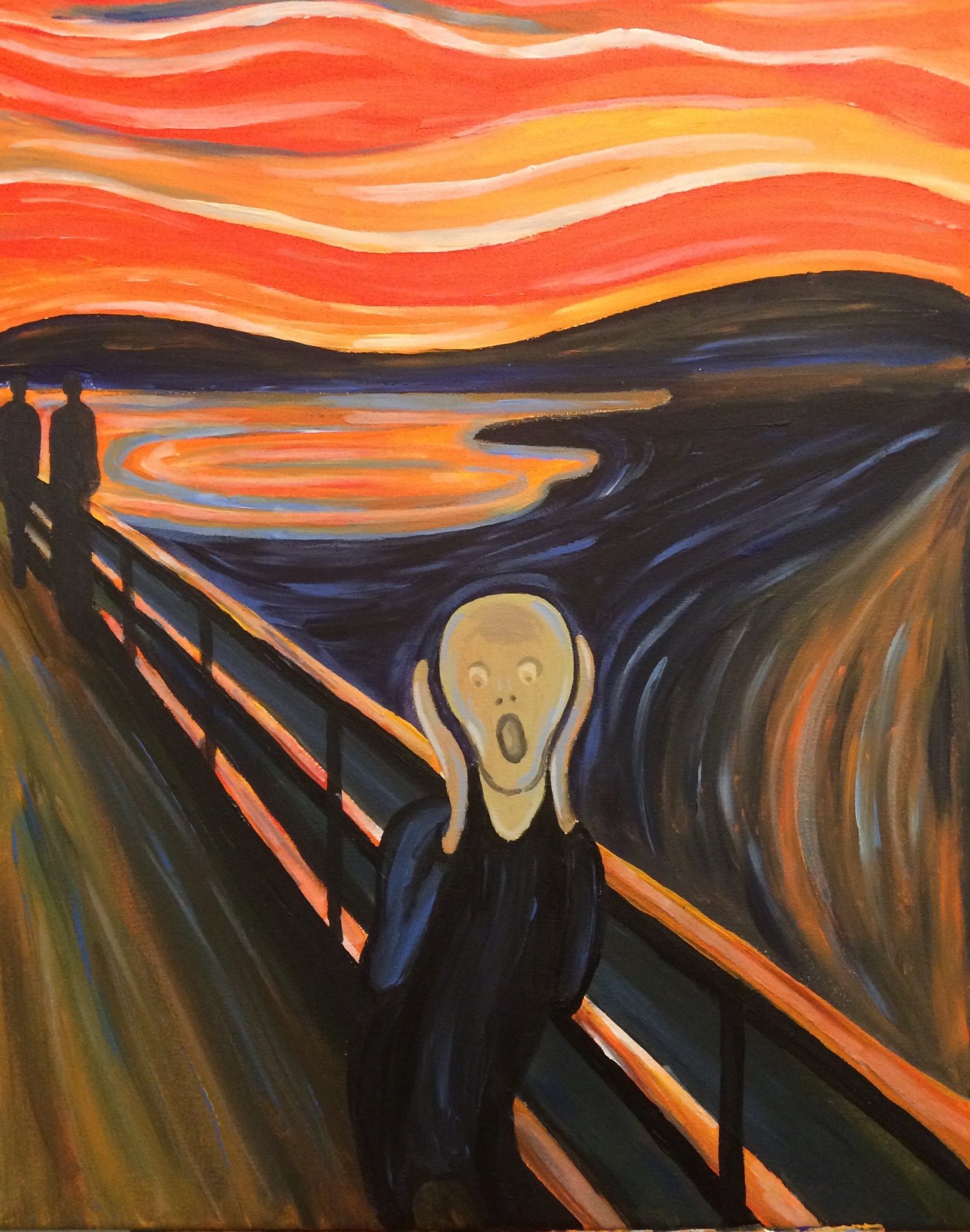 |
| NB Provincial Asylum before demolition. |
I have been reading a history of the New Brunswick Provincial Mental Asylum.
A mental patient committed in 1868 kept a diary. In it, he classified fellow inmates as falling into three groups:
“Those that had become crazy about religion…others that had gone crazy about loss of property…and many that had become insane through the immoderate and excessive indulgences of their sensual passions.”
I find it interesting to see a lay classification not influenced by the modern DSM. I think these classifications are much more helpful than “bipolar,” or “schizophrenic,” or “depressed,” which only describe symptoms. It is as if modern psychiatry is trying to avoid looking at causes. But without knowing causes, you are unlikely to find a cure.
I nevertheless think this classification is off the mark on one thing. I doubt anyone actually goes crazy about religion. I can’t imagine the mechanism that would involve. That is the reaction of someone who starts by assuming religion is false—so that an excessive interest in it is automatically harmful or insane. Yes, many insane people seem deeply religious; just as many sick people enter hospitals. That is not evidence that the hospital makes them sick. I’d posit that religion is something many crazy people gravitate towards as a cure. Unfortunately, mental hospitals and psychiatry, then and now, will do everything they an to steer them away from it.
Which leaves two categories: those driven mad by injustice, and those driven mad by guilt. I think that is right, from reading the accounts of various inmates.
But this can then be reduced to one cause for all mental illness: injustice.
We all have an inner gyroscope, a conscience, which demands justice. Kant argued persuasively that justice is a self-evident truth, a “categorical imperative.” Monotheists assume justice because the universe is governed by a just God. Each of us faces judgement at death, and at the end of time all will be judged. But even non-theists believe the cosmos is necessarily just: this is the doctrine of karma. The ancient Greeks held that the gods themselves were bound by Dike, the moral law.
The matter is obscured by the current misuse of the term “social justice.”
And the matter is obscured by modern psychiatry because it refuses to recognize morality, justice. Which makes it useless in treating “mental illness.”
For the obvious cause of mental illness is that someone’s internal gyroscope is thrown off by the prolonged experience of some injustice—either done to them, or done by them to someone else. Something within us rebels, says this cannot be, this cannot be allowed to continue. If they cannot take action to correct it, they will and do experience great emotional turmoil and disorientation.
It all seems to me to make perfect sense.
Religion is then indeed the cure, as it is the assurance of justice eventually being done.






























